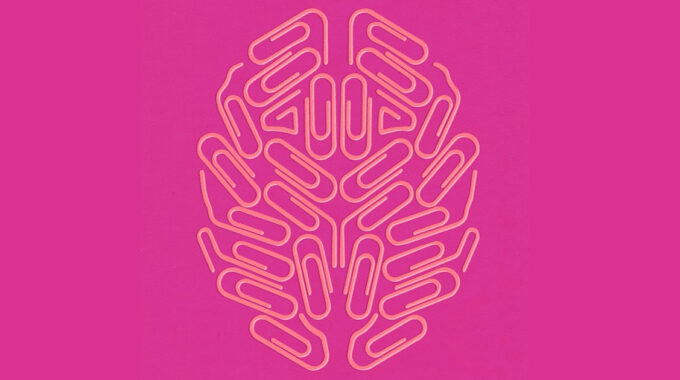
Improving Randomized Experiments
Scientific research relies on randomized experiments. But random testing can also be inaccurate if the subjects are influenced by each other’s responses. A condition known as interference.
Research by Chicago Booth principal researcher David Puelz, Booth’s Panos Toulis, Stanford’s Guillaume Basse, and University of California at Berkeley’s Avi Feller demonstrates a graph-based method that can help experimenters incorporate interference into their causal analyses. Considering the interference and then testing can make these randomized experiments far more valuable.
Become a global executive with University of Chicago Booth School of Business. Click to know more about the Chicago Booth Accelerated Development Program (Chicago Booth ADP).


















